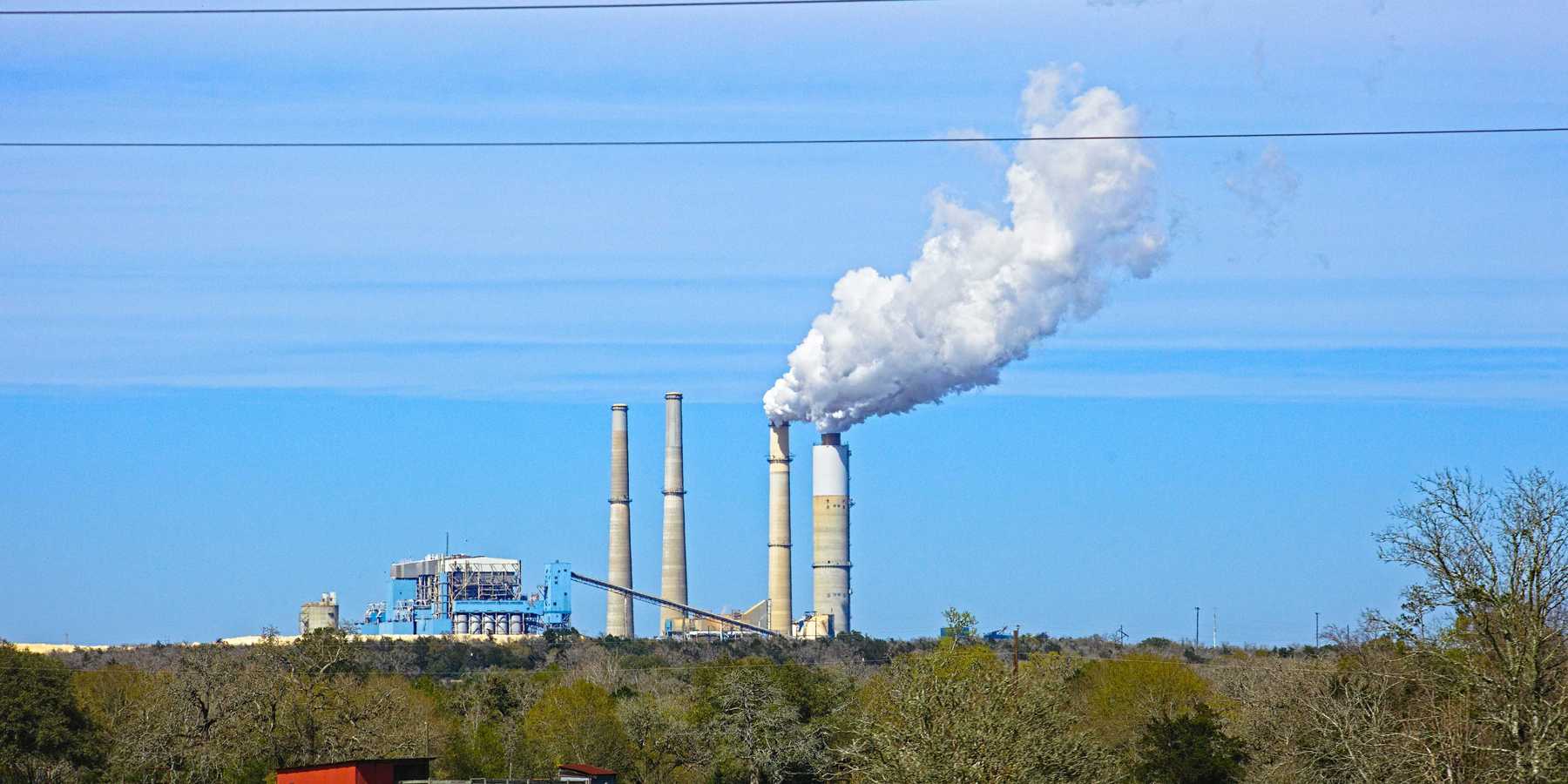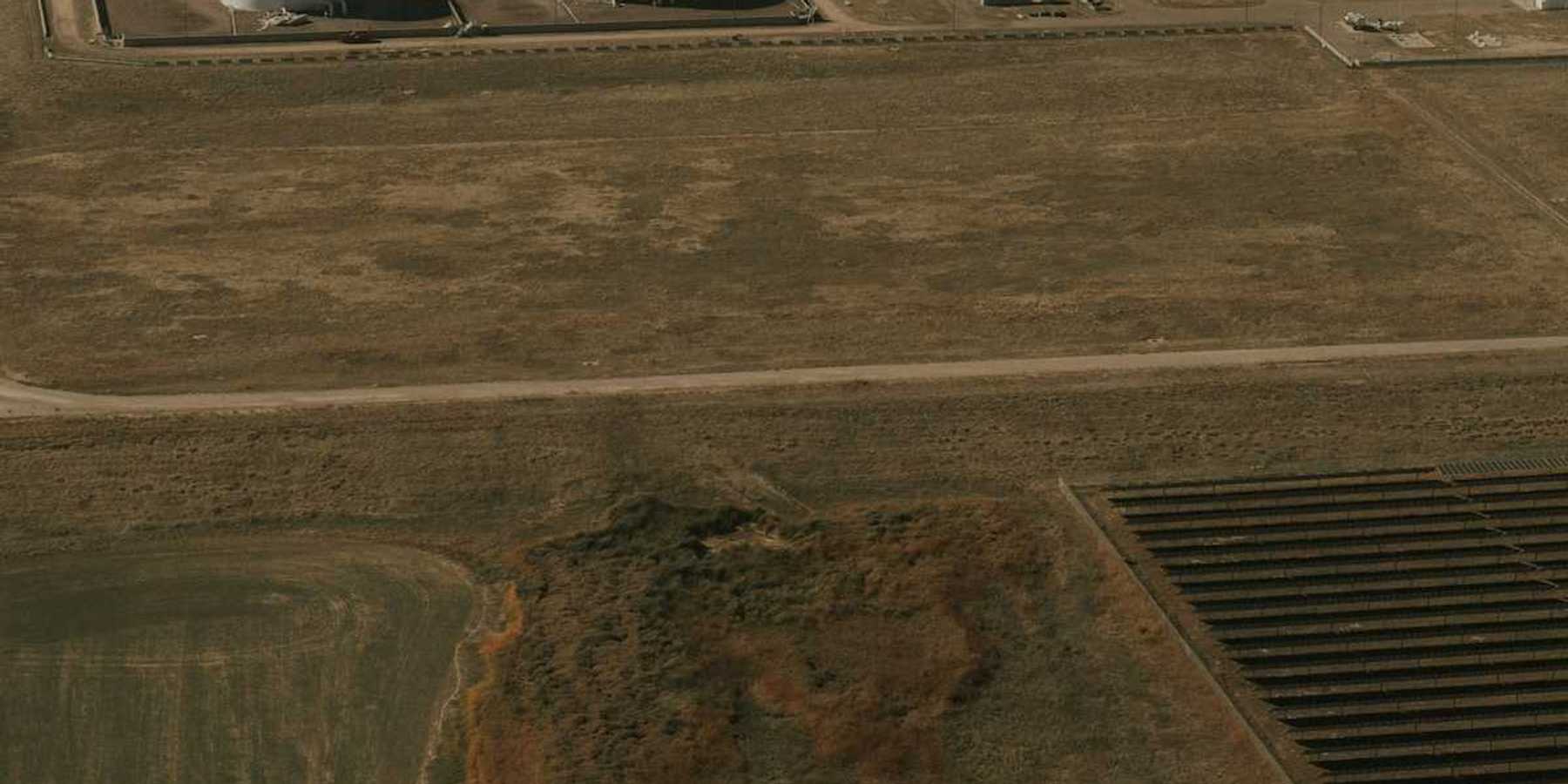Federal court allows discrimination lawsuit against Louisiana petrochemical expansion to proceed
A federal appeals court ruled that civil rights groups can pursue their lawsuit accusing St. James Parish officials of racial discrimination in the siting of polluting petrochemical plants in Black neighborhoods.
Jack Brook reports for The Associated Press.
In short:
- The 5th U.S. Circuit Court of Appeals ruled that the lawsuit filed by Inclusive Louisiana and other groups was timely, reversing a lower court's dismissal over filing deadlines.
- The plaintiffs allege St. James Parish’s land-use policies cluster petrochemical facilities in majority-Black communities, with 20 of 24 industrial sites located in those areas as of 2023.
- The court acknowledged claims that these developments have destroyed access to cemeteries of enslaved people and represent ongoing discrimination beyond a single 2014 zoning plan.
Key quote:
“We have been sounding the alarm for far too long that a moratorium is needed to halt the expansion of any more polluting industries in our neighborhoods, and too many lives have been lost to cancer.”
— Gail LeBoeuf, co-founder of Inclusive Louisiana
Why this matters:
St. James Parish, nestled in Louisiana’s heavily industrialized Chemical Corridor, has become a national symbol of the tensions between economic development and environmental justice. Known widely as “Cancer Alley,” this stretch along the Mississippi River is home to more than 150 petrochemical plants and refineries. For decades, its predominantly Black residents have sounded the alarm about unusual cancer clusters, respiratory illnesses, and the erosion of historically significant land, including burial sites. Despite this, state and parish land-use approvals have often cleared the way for more industrial expansion. The recent court ruling allowing a high-profile environmental justice case to proceed could signal a turning point, giving federal judges the chance to scrutinize how decisions in places like St. James Parish disproportionately impact marginalized communities.
Learn more:













